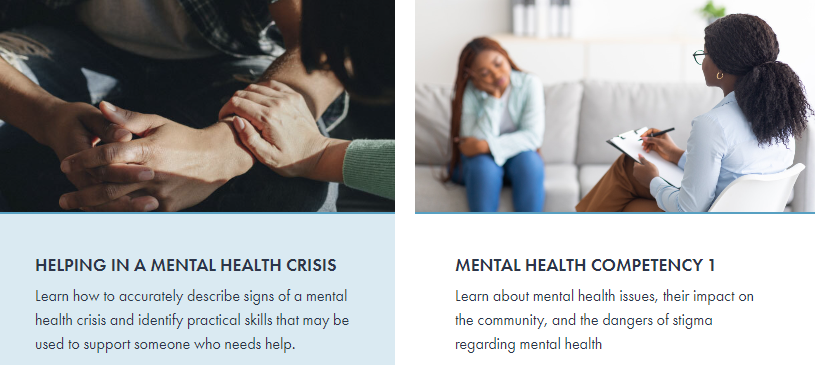Assessment and Intervention: Schizophrenia and Psychotic Disorders
Molina Healthcare adopted an enterprise-wide Serious Mental Illness & Severe Emotional Disturbance (SMI/SED) Care Model to provide a specialized support program for adults with a SMI diagnosis. See below for more information on this program and how to refer to targeted Case Management for this population.
Schizophrenia is a chronic, disabling brain disorder that affects more than one percent of the population. Your patient’s level of functioning may dramatically decrease due to the presence of delusions, hallucinations (auditory/visual/tactile), disorganized speech, and ability to complete activities of daily living. Symptoms usually persist for at least 6 months. Some patients previously diagnosed with Schizophrenia may be under the care of a psychiatrist. The patient may also have family members or friends helping them to maintain stability in the community.
For members who present with psychotic symptoms and have not been diagnosed with Schizophrenia or another psychotic disorder, refer the member to an in-network specialist who can further assess. Providers can follow these steps with their members:
Assess: Assess for current symptoms, as well as family history.
Refer (as needed): Refer the member to an in-network mental health specialist/psychiatrist for further assessment and diagnosis.
Diagnose: Ensure the member’s diagnosis reflects the clinical documentation.
Coding and Documentation: Appropriate coding assists the member and other providers in determining the most appropriate treatment options.
Refer and Collaborate: Again, refer to the appropriate mental health specialists (therapists, psychiatrists, etc.). and continue to collaborate closely with the treatment team to coordinate care.
Engage Support Systems: Encourage medication and treatment compliance by working with the member and their support system.
Refer to the SMI/SED Care Model Program: Molina’s SMI/SED Care Model is a targeted care management approach that educates and empowers members and their caregivers to effectively manage their condition, assist these members during transitions in care, and ensure these member’s co-occurring conditions are being appropriately screened and treated, with any risk of suicide addressed. CM interventions will be intensive in this model to effect level of engagement and to incorporate therapeutic alliance, recovery-oriented person-centered approaches, accessibility of care, and assuring that we empower the member and their caregivers to develop trust that the treatment will address their own unique goals as early as possible. If you have a patient you believe may be appropriate for this program, please reach out to the local Molina Case Management Team to inquire about assessment.
ICD 10 Codes
*ICD 10 codes capture current symptoms, severity, and onset.
Paranoid Schizophrenia: F20.0
Schizoaffective Disorder, Depressive Type: F25.1
Clinical Tips
Patients with Schizophrenia and Other Psychotic Disorders typically have multiple people involved in their care. If your patient is not able to have a focused conversation, identify if there is a legal guardian/caregiver that you can speak with on the patient’s behalf. If not, try to obtain the patient’s permission to speak with a family member or friend.
To address medication non-compliance, review the pharmacy formulary for injectable medication options that may be appropriate for your patient.
**For specific Risk Adjustable codes related to Schizophrenia, contact
RAMP.Operations@MolinaHealthCare.Com
PsychHub Education and Learning Available to You
Through our partnership with PsychHub, an online platform for digital mental health education, Molina network providers are able to access PsychHub’s library of educational courses and material at no charge. To create an account at no cost, please visit the Molina PsychHub landing page at https://resources.psychhub.com/molina . Create an account to find these and other relevant courses:

